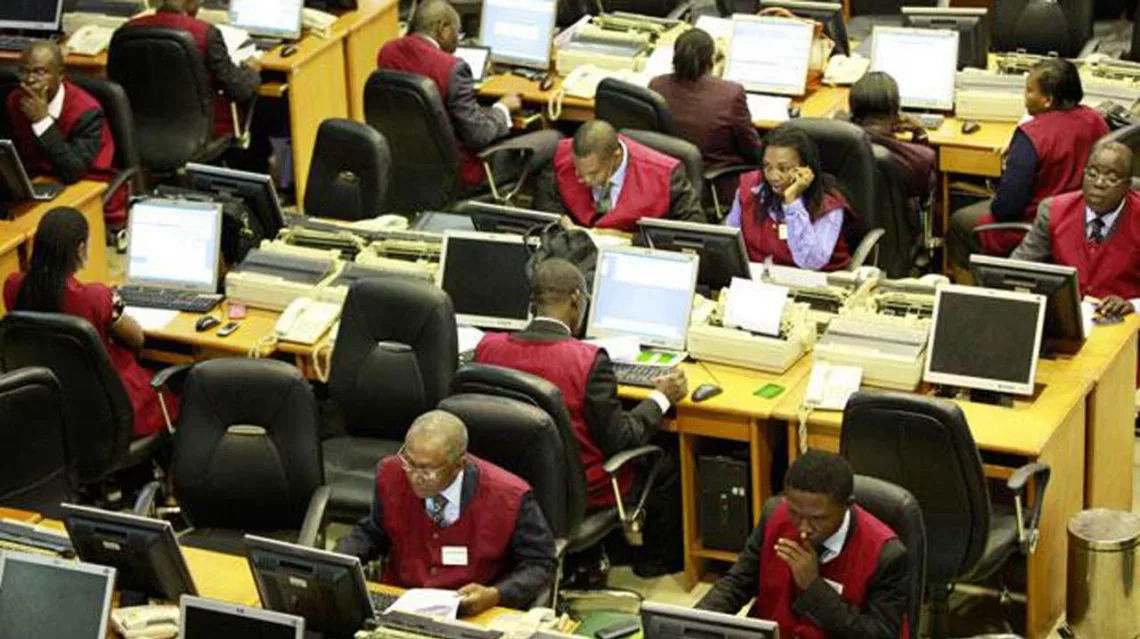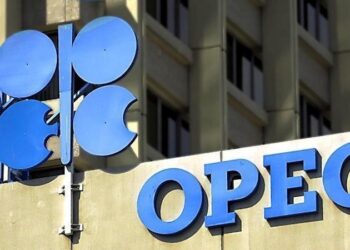The Nigerian equities market in the first month of the year, has defied expectations as returns on investors’ investment rose by N2.486 trillion.
The market capitalisation gained by N2.486 trillion to close on February 28, 2023 at N30.401 trillion from N27.915 trillion at which it opened for trading activities on January 3, 2023. Also, the overall market performance measure All-Share Index (ASI), which tracks the general market movement of all listed equities on the Exchange, rose by 8.89 per cent year-to-date to close at 55,806.26 points in the first two months of the year.
The positive sentiment during the period was attributed to change in the holding structure of the market since foreign investors left the market in 2020 and local investors dominated with increased buying interest due to the better-than-expected corporate earnings post-COVID, higher payouts, mixed macroeconomic data and others. The market sustained its positive momentum and recovery ahead of more dividend declarations, or announcement by listed companies.
This coincided with the nation’s presidential election outcome and the ongoing geopolitical concerns over the war between Russia and Ukraine, which broke out on February 24, 2022, amidst the rising global inflation and rates hikes that are driving the mixed yields in the international and domestic fixed income market.
In this regard, 91-day, 182-day and 364-day Treasury Bill rates inched up to three per cent, 3.24 per cent and 9.9 per cent respectively in the last primary market auction. This has created buy opportunities for discerning investors and the technical traders, even as the market broke up the 55,000 psychological line during the month. The uptrend occurred on the back of position-taking and higher traded volume when compared to transactions recorded in January, as early filers continued to hit the market with impressive numbers and dividend news that translated to better yields.
Coronation Asset Management Limited believed that a change in the composition of market participants in the Nigerian equity market is a significant factor in the market’s bullish trend.
According to the investment house, since 2015, the number of foreign investors leaving the Nigerian stock market has been increasing due to several challenges, including the existence of multiple exchange rates that affect credible price discovery, and FX scarcity, which impedes repatriation of funds.”
They noted that the increased percentage participation by domestic investors in the local stock market is due to several factors: firstly, the limited investment opportunities in Nigeria’s money and capital markets; the expanded system liquidity, making risk-free assets such as treasury bills less attractive; and bargain-hunting investors holding positions to qualify for the upcoming full year 2022 dividend season.
“Although the reduction in foreign investor participation has short-term benefits in shielding Nigerian markets from global economic downturns that drive capital flight across global markets, the long-term consequences are far-reaching. We do not expect a recovery in foreign participation in our markets until a solution to the issues of multiple exchange rates and FX shortages is found,” Coronation said.
The vice president, Highcap securities Limited, Mr. David Adnori said the anticipation for end-of-the-year dividend distribution lifted the stock market, saying “the performance of the stock market in January and February is driven by shareholders’ expectation for the end of the year earnings and distribution of dividends.”
Speaking on the outlook of the stock market in 2023, the managing director/chief economist at Analysts Data Service and Resources Limited, Dr. Afolabi Olowookere, disclosed that while recent evidence suggests the market performance during pre- and post-elections comes out negative, it is expected that the stock market might close in the negative territory at the end of the year.
According to him, the past may not necessarily be the one we might see in future. In the last three years of election, the market had closed in the negative and so looking at it, stock market returns might likely close at -16 per cent at the end of the year and this will be centered on factors like uncertainties around the outcome of the elections, low capital inflows and rising inflation.
Also, a group of analysts at Emerging Africa in a report projected that the Nigerian stock market would maintain its positive trend in the near term, backed by positive corporate financial performance and impressive dividend payout from the dividend payment stocks.





